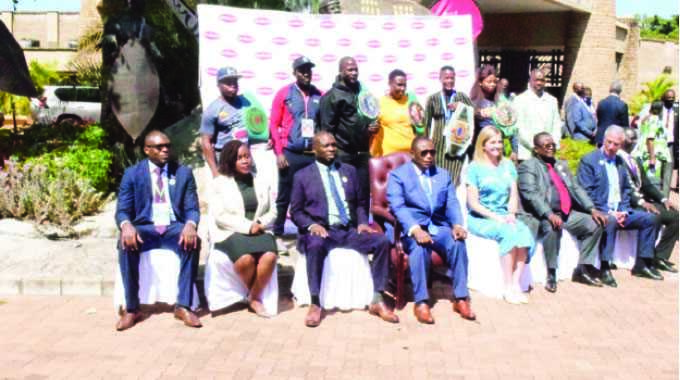
Gilbert Munetsi
Boxing – which this year has arguably been the most active sport alongside cricket – takes a break soon, with several achievements having been posted on the professional circuit since the beginning of the year.
Its current status quo paints a bright picture and seems to be in sync with the Chief Executive Officer of the Zimbabwe National Boxing and Wrestling Control Board, Lawrence Zimbudzana’s vision to ensure combat sport is the most viable and followed discipline in Zimbabwe by 2025.
“It is the norm, the world over, that a country gets recognised for its excellence in a particular sport and that effectively becomes its flagship. Brazil, for instance, is hailed as a footballing nation, China for karate, New Zealand for rugby and the USA for basketball.
“With the strides and achievements we have managed to gradually make on the boxing front, I believe we can equally claim the sport to be the one with which we can market the country and one day soon, with the crowning of more and more champions, boxing will be the face of Zimbabwe,” Zimbudzana told Zim Now in an interview.
While not seeming to pre-empt what will come out of the Annual National Sports Awards (ANSA) due soon, a glance at the performance of the sport of “sweet science” (as boxing is sometimes referred as) will reveal there have been numerous positives coming from it both administratively and inside the ring.
For the uninitiated, there are two boxing regulatory bodies which represent the amateur and professional fighters respectively.
The former, Zimbabwe Boxing Federation (ZBF) falls under the Sports and Recreation Commission and benefits from grants from Government that are availed through the Ministry of Youth, Sport, Arts and Recreation. Under ZBF boxers fight for country and glory, receive certificates and medals after duty and are not paid anything monetary.
The Zimbabwe Boxing and Wrestling Control Board (ZNBWCB), meanwhile, is governed by an Act of Parliament and is actually at par with the SRC. It caters for those boxers who have turned professional and is strictly business. A boxer, through their manager, negotiates a purse (monetary reward) before partaking in a fight, whose contract is kept by the board. Professional boxers get ratings through their records (victories, draws or loses) which gives them eligibility to challenge for particular titles.
Domestically, a number of professional tournaments were hosted between January-July 2022, with promoters such as Delta Force Academy, Mau Mau Boxing and the Charles Manyuchi Boxing Academy (CMBA) all coming to the party and affording boxers a chance to fight and put food on the table.
“As a promotion, we are committed to giving as much ring time to the boxers, especially given the many hours they spend in the gym in anticipation of work. Our lives would, however, be easier if corporates consider supporting us financially so we are able to pay reasonable purses and are able to cover overheads associated with putting up a tournament,” said Prosper Chibaya, co-director of the CMBA.
While part of the hiatus, prior to a successful year (2022), can be as a result of the Covid-19 pandemic which impacted on all sectors of sport, there had always been concerns in the yesteryear of inactivity on the boxing front. This owed mainly to what stakeholders attributed to prohibitive censorship such that at one time, Zimbabwe for a whole year only managed to host just one event (during the Paul Nenjarama board era).
Related Stories
Reasons why some boxers could not be allowed to take part in some assignments included their records which were adjudged not to be up to scratch against the titles they had been offered to fight for by promoters and, in other instances, failure to satisfy mandatory medical requirements.
A ray of light then lit the end of the tunnel when a full-time secretariat was ultimately ushered in and, a year later, a new boxing board was appointed.
Subsequently, a number of local fighters were then invited to participate in non-title and title contests in and outside the country’s borders where their involvement met with mixed fortunes.
Among these were the likes of Peter “The Sniper” Pambeni, Brendon “Boika” Denes and Monalisa “Queen of the Jungle” Sibanda who all did the country proud by either winning or defending their titles.
And then came the class of Chiedza Homakoma (now based in South Africa), Hassan Milanzi and Ndodana Ncube. The latter two were vying for African titles which, however, eluded them.
The biggest victory, not only for boxing but the sports arena in general, was to come from the back-to-back challenge and defence title fights for Kudakwashe Chiwandire, who ably defeated Zambia’s Catherine Phiri in February and Mexican Zulina Munoz in October to reclaim her World Boxing Council (WBC) interim world super-bantamweight championship.
Her next port of call is Mexico (the world Mecca of boxing) where she will challenge for the ultimate title – the World Boxing Council super-bantamweight gold.
And icing on the cake was when Zimbabwe was given the opportunity to concurrently host, for the very first time, the African Boxing Union Convention and the World Boxing Council Seminar for Officials. This, in football for example, is akin to hosting a Confederation of African Football (CAF) annual indaba and a FIFA technical committee training, with both taking place under one roof.
More than 50 countries descended on Victoria Falls, the Vice president of the country, Hon Constantine Chiwenga, officially opened the mega events and Zimbabwe was deservedly put on the world sports map.
Driving the ship, ZNBWCB chairperson Vee Chibanda is an optimistic soul regards the revival and growth of boxing which, in the 80s, was ranked second to soccer but had over the years waned:
“We may be a new authority coming in to take over where our predecessors have left off, but we are determined to make boxing a sport to reckon with. I believe I have a competitive team to work with, the environment is quite conducive and in line with our mandate as spelt to us when we took oath of office, I’m confident we will deliver to expectation,” she said on the sidelines of a stakeholders meeting convened in Harare recently.
Slowly but surely, the good old days may be beckoning, days when boxing would be hosted in such big venues such as Rufaro Stadium which has an approximate capacity of 35 000. After all, the Harare International Conference Centre (which seats about 6 000) has now become the home of boxing in Zimbabwe!


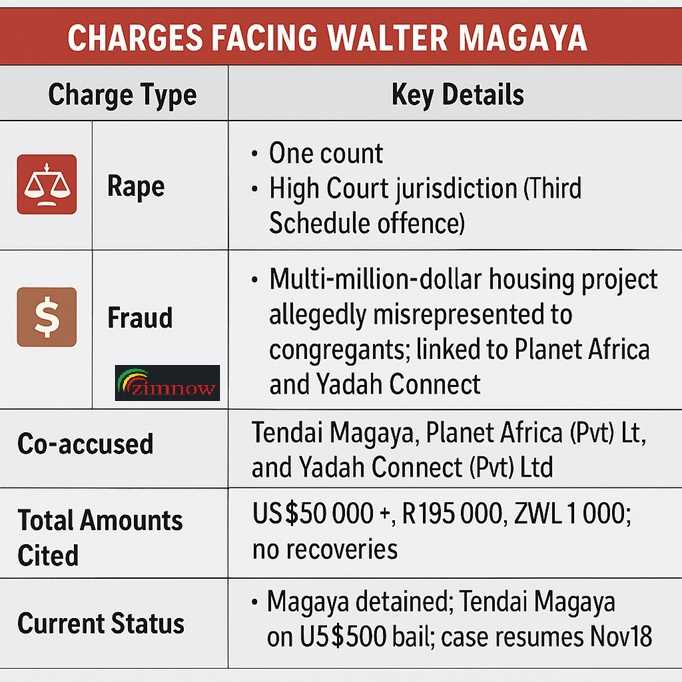
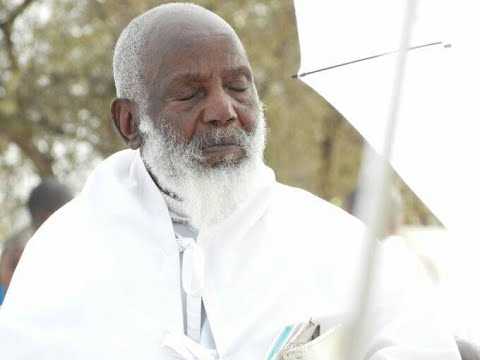
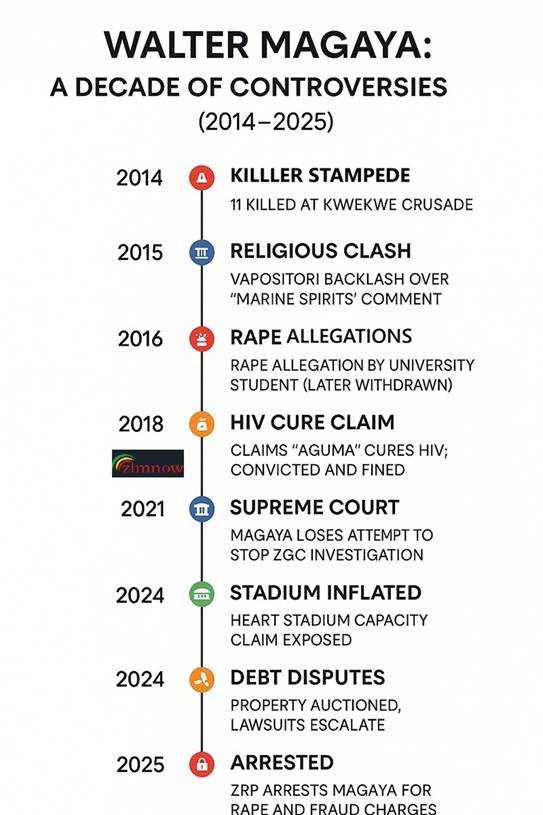
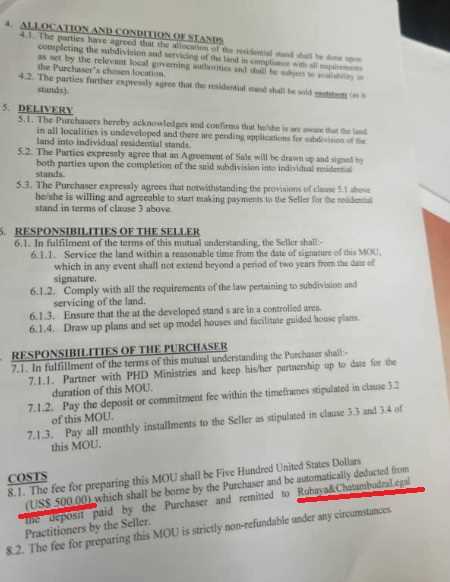
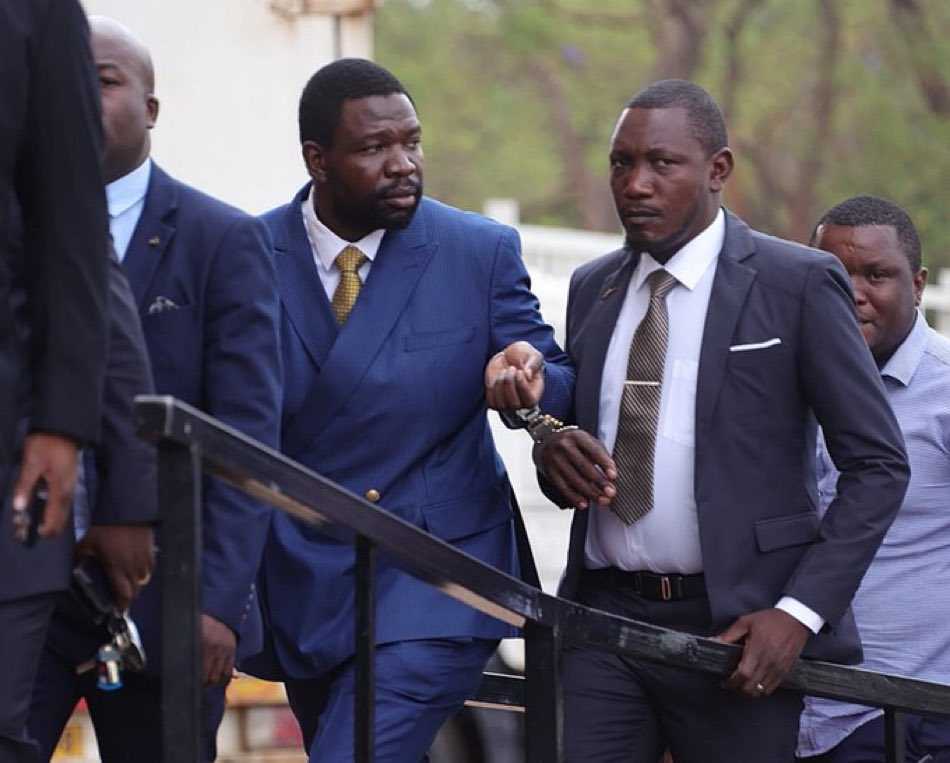



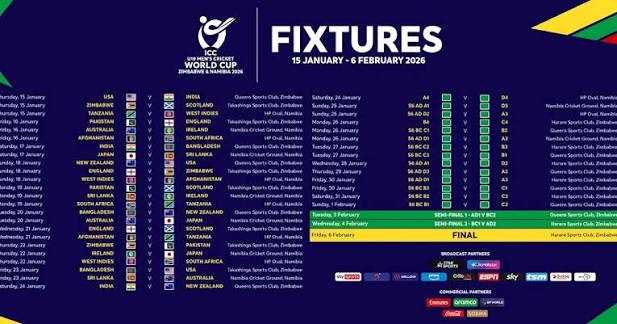



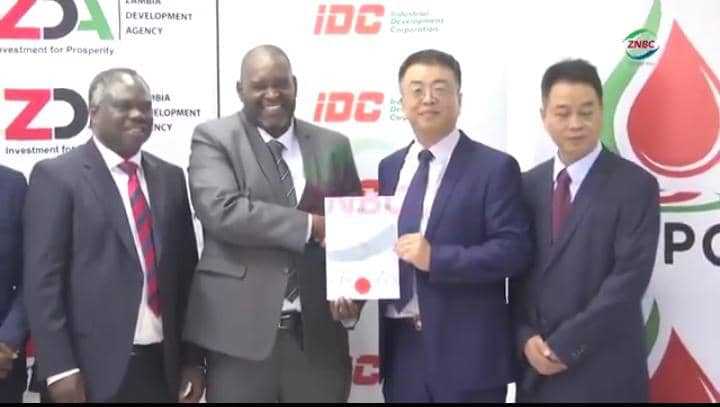





Leave Comments